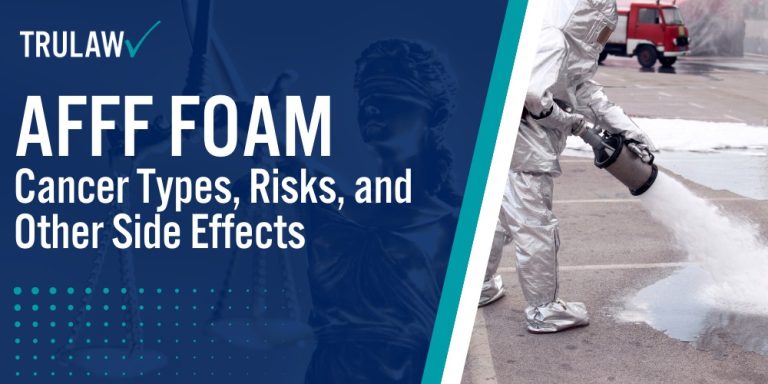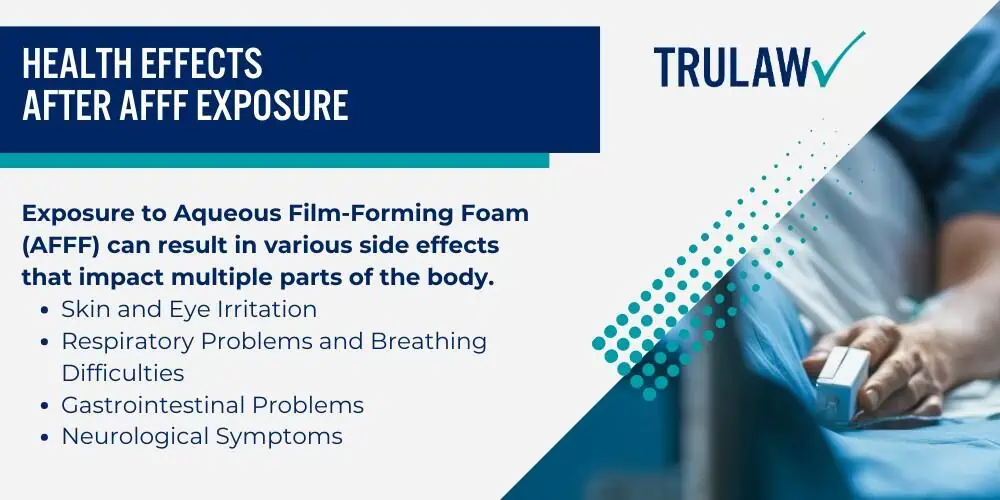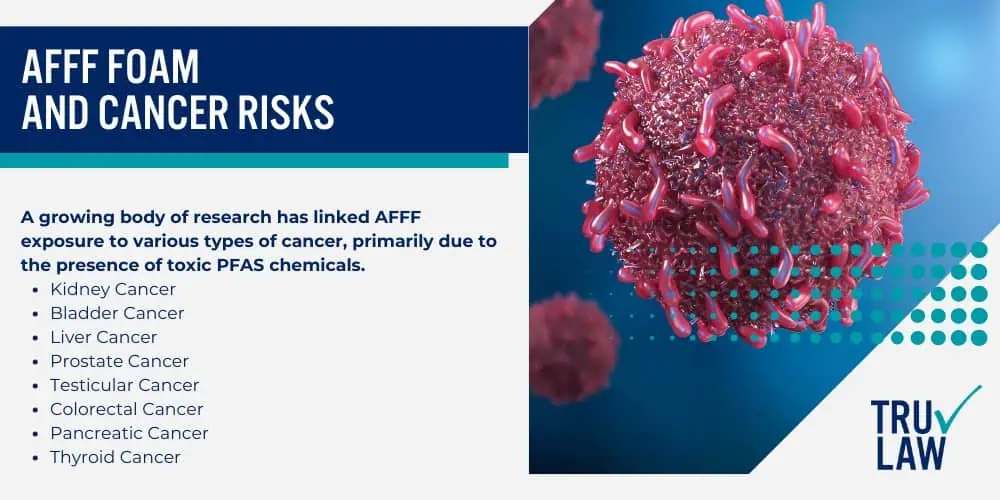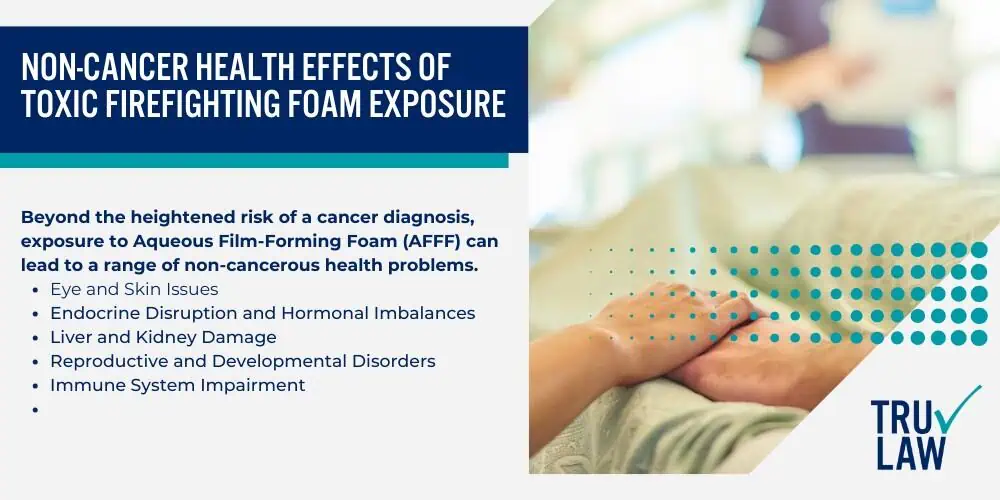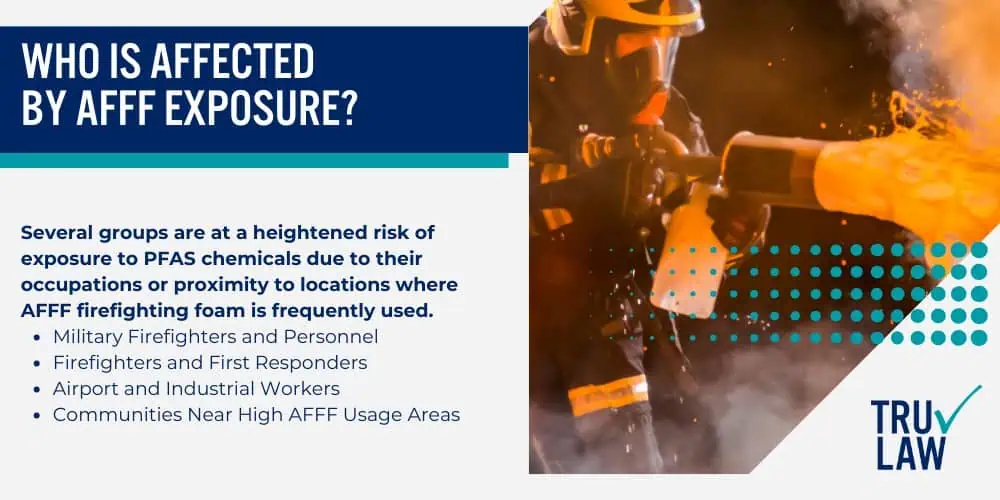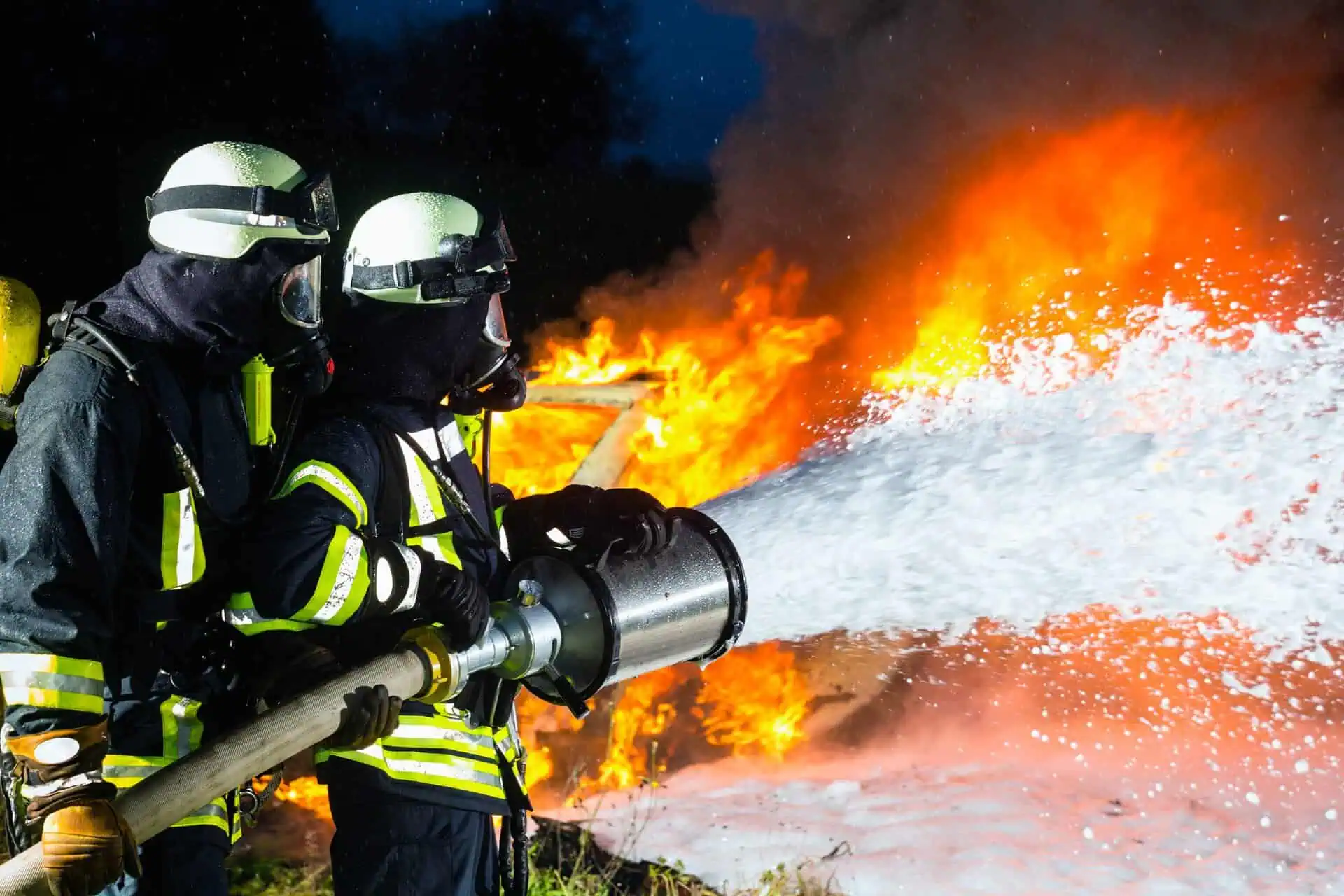Aqueous Film-Forming Foam (AFFF) has been widely used due to its ability to combat flammable liquid fires, but it also contains potentially dangerous chemicals.
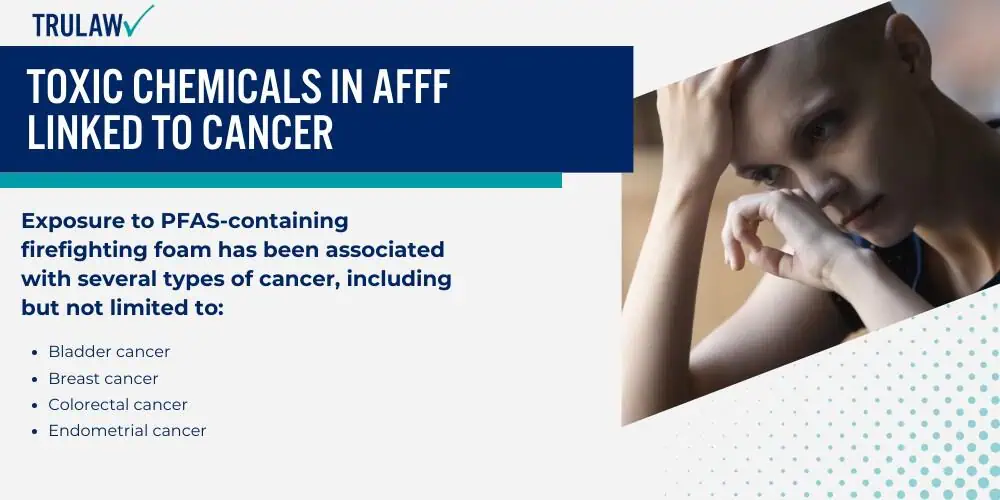
These chemicals, known as perfluoroalkyl and polyfluoroalkyl substances (PFAS), are highly resistant to heat, oil, and water, making them effective in firefighting.
However, PFAS—often referred to as “forever chemicals”—have raised concerns due to their persistence in the environment and their potential to cause serious health problems.
The Environmental Protection Agency (EPA) has expressed concerns about the human health risks associated with PFAS exposure.
These chemicals can contaminate water, air, soil, and even food sources, making their way into the bloodstream of both humans and animals.
According to the Centers for Disease Control and Prevention (CDC), exposure to PFAS has been associated with a range of health concerns, such as liver damage, thyroid disorders, reproductive health complications, and immune system impairment.
Exposure to PFAS can occur through ingestion, inhalation, or skin contact, which makes it a substantial risk in environments where AFFF is used.
The Agency for Toxic Substances and Disease Registry (ATSDR) has highlighted the risks posed by PFAS, noting that animal studies show severe health impacts, including liver and immune system damage, developmental issues, and even neonatal deaths.
Exposure to PFAS-containing firefighting foam has been associated with several types of cancer, including but not limited to:
- Bladder cancer
- Breast cancer
- Colorectal cancer
- Endometrial cancer
- Kidney cancer
- Leukemia
- Liver cancer
- Lymphoma
- Mesothelioma
- Multiple Myeloma
- Non-Hodgkin Lymphoma
- Ovarian cancer
- Pancreatic cancer
- Prostate cancer
- Testicular cancer
- Thyroid cancer
Human studies have also suggested that high levels of PFAS exposure may lead to:
- Pre-eclampsia (higher risk of high blood pressure) in pregnant women
- Slight reductions in infant birth weights
- Reduced vaccine response in children
- Increased cholesterol levels
- Altered liver enzymes
Although further research is necessary to fully determine the scope of PFAS-related health risks, many health, environmental, and governmental organizations are actively investigating these chemicals.
Efforts to regulate PFAS exposure are also increasing, including the work of the National Firefighter Registry (NFR).
In 2018, the National Institute for Occupational Safety and Health (NIOSH) created the National Firefighter Registry (NFR) as part of the Firefighter Cancer Registry Act.
This initiative aims to study the connection between firefighters who were regularly exposed to AFFF and the subsequent development of cancer.
